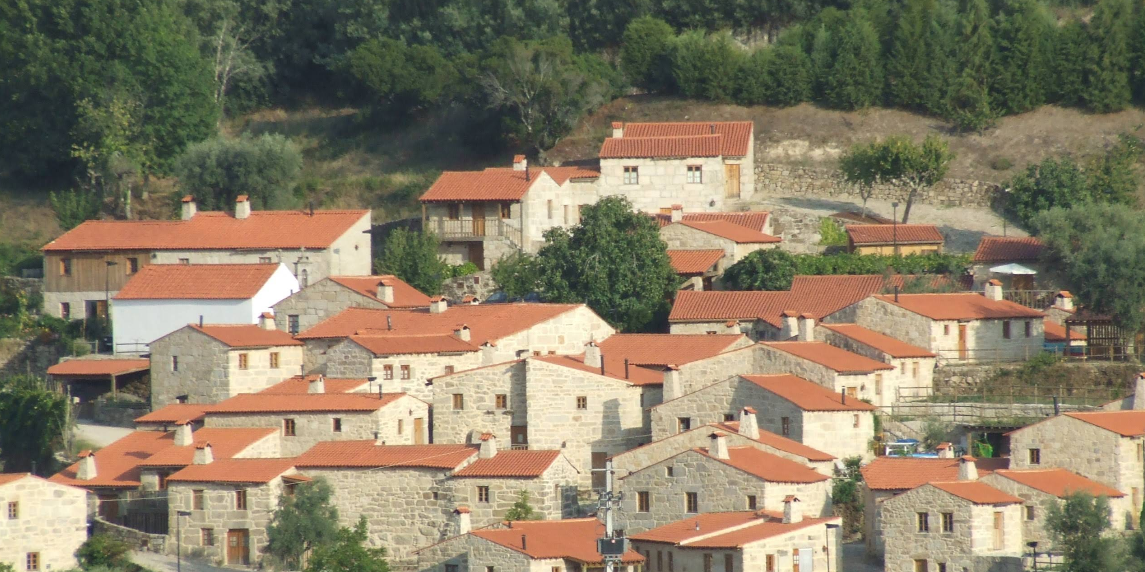
The charming historic village of Póvoa Dão, in Silgueiros, just a few kilometres from Viseu, is once again up for sale, this time through an online auction. The picturesque hamlet has a starting price of €1.7 million, with a minimum bid of €1.445 million.
Recognised as one of the most beautiful villages in central Portugal, Póvoa Dão was lovingly restored in the early 2000s after a €5-million investment that brought new life to its 41 granite houses, chapel, and communal areas.
A historic village reborn
According to Jornal de Negócios, the original renovation project was developed by Ramos Catarino, a construction company based in Cantanhede, which purchased the abandoned village in 1995. The firm preserved the traditional Beirão architectural style, transforming Póvoa Dão into an enchanting rural retreat complete with a restaurant, tennis court, and landscaped gardens.
However, financial difficulties and the economic crisis that followed the collapse of Banco Espírito Santo (BES) led to the project being abandoned.
A rare real estate opportunity
The auction house Leilosoc describes Póvoa Dão as “a rare opportunity in the Portuguese real estate market”, highlighting its potential for a luxury eco-resort, boutique hotel, or wine tourism project. The current owner, Nacala Holdings, decided to sell the property after Ramos Catarino entered insolvency earlier this year.
Spanning around 100 hectares, Póvoa Dão features a beautifully restored cluster of stone houses surrounded by nature — a true example of preserved rural heritage.
“Every stone in Póvoa Dão tells a story. Between the silence of the valley and the murmur of the river, this village is a haven of authenticity — a setting where tradition and modernity meet,” reads the description by Leilosoc.
A symbol of Portugal’s rural heritage
Founded in 1258 and abandoned in the 1960s, Póvoa Dão’s revival brings new attention to the future of Portugal’s rural villages. Whether developed as a tourism project, private estate, or sustainable resort, this century-old village once again stands as a symbol of authenticity, heritage, and potential investment in rural Portugal.
